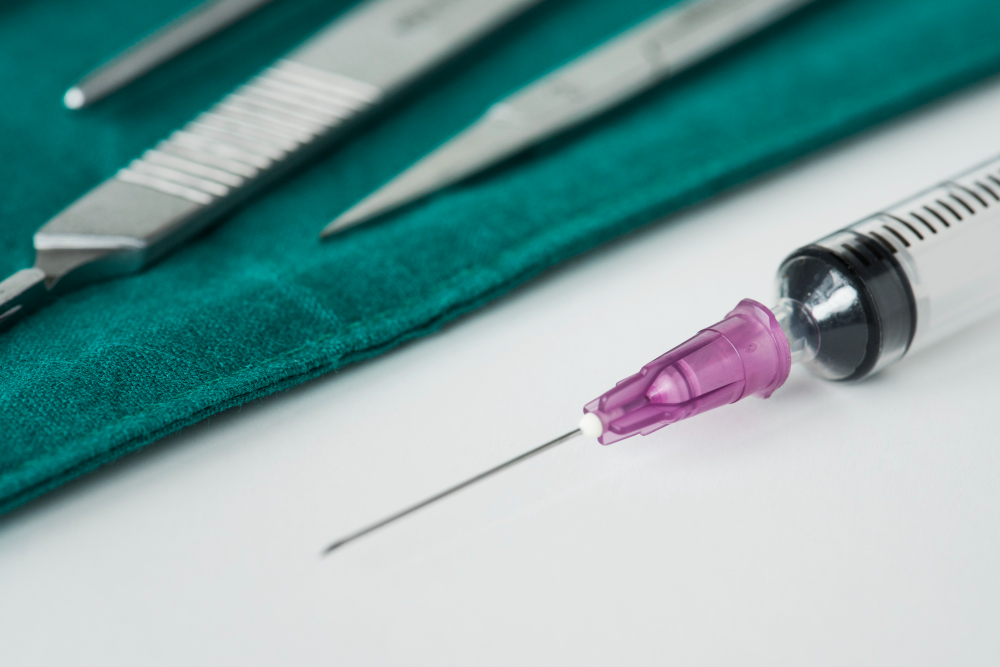Hepatitis B is also an infection of the liver, caused by a virus. However, Hepatitis B is a much more serious and deadly disease than Hepatitis A. Hepatitis B causes a very serious liver infection that leads to permanent liver damage, liver cancer and death.
Hepatitis B infection is spread by use of contaminated needles, razors, dental and medical equipment, tattooing and body piercing devices, unprotected sexual contact with infected individuals and from contaminated blood and blood products.
If you have not been vaccinated against Hepatitis B, the 3-dose vaccination series is recommended for travelers to certain countries for an extended stay, or if you plan certain activities. If your departure will not allow the routine 6 month vaccination schedule, an accelerated schedule can be used to provide sufficient protection.


Hepatitis B is common in South-East Asia, the Middle and Far East, Southern Europe and Africa.
Travelers to areas of widespread presence of the disease who place themselves at risk when abroad. Behaviors that place them at risk include unsafe sexual activity, injecting drug use, or participating in contact sports. Also travelers who plan to stay in areas of high prevalence for long time. Also individuals who are travelling to visit friends or relatives with chronic hepatitis B infection and families adopting children from countries with a high prevalence of hepatitis B.
Adverse reactions to hepatitis B immunization are usually mild and confined to the first few days after immunization. The most common reactions are mild, transient soreness, and redness at the injection site. Severe reactions (such as lips swelling, tongue swelling, difficulty breathing, etc) following vaccination are very rare.